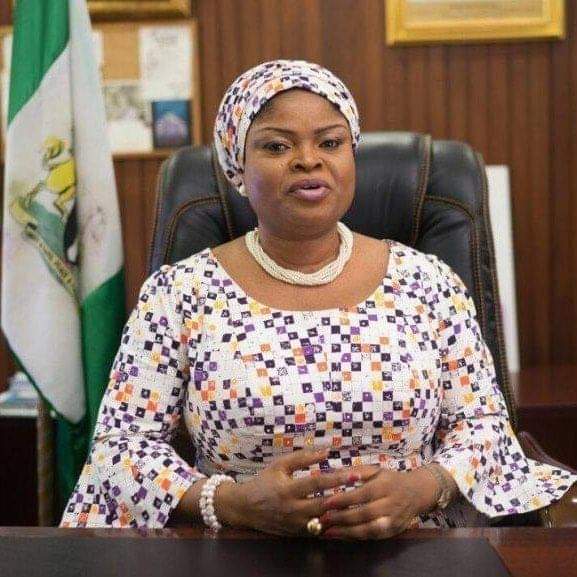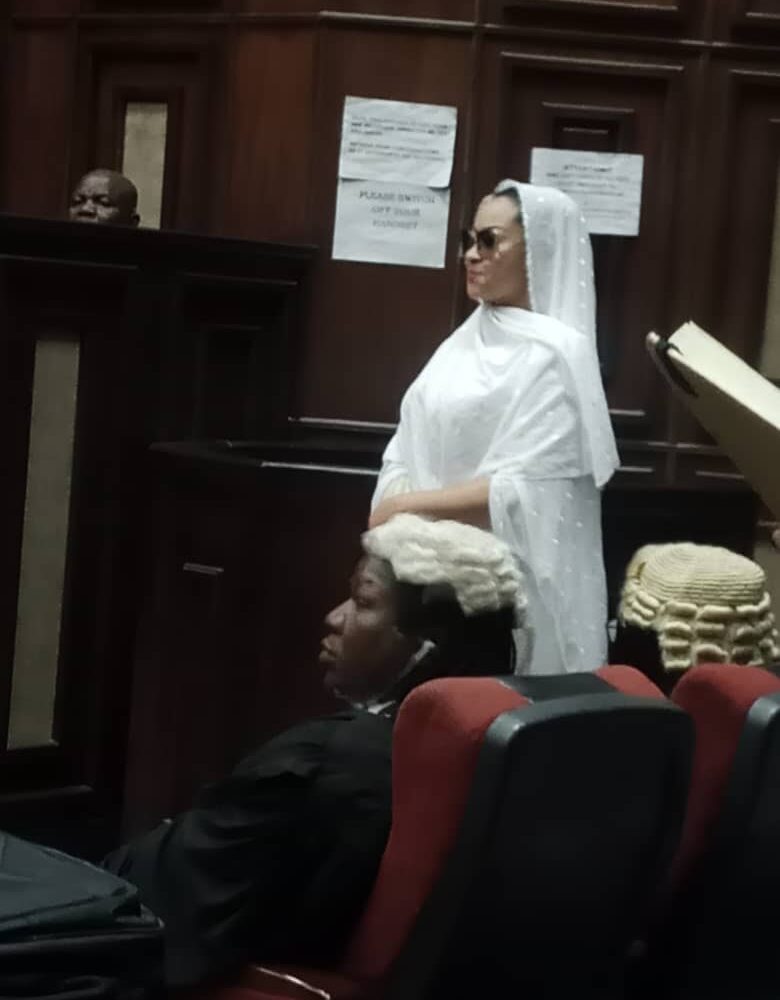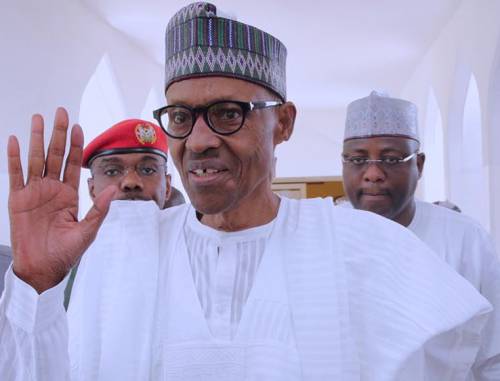The provision of portable water across the country is in line with the Goal 6 of sustainable development goals SDGs, through the ‘ensuring of availability and sustainable management of water and sanitation for all.’
This is also also crucial to the 169 targets which demonstrated the scale and ambition of the universal agenda that graduated from the Millennium Development Goals MDGs to Sustainable Development Goals SDGs and the new decade of action tagged 2020-2030 agenda geared towards achieving all the goals.
In accordance with these requirements, SDGs in Nigeria marked this year’s 2022 World Water Day WWD with it’s theme “GroundWater- Making the invisible visible’ with emphasis on environmental, social and economic value of water in Nigeria.
This underscores the interwoveness and importance of the Goal 6 to other goals like 1, 2, 3, and 4 and government strides at all levels to provide adequate and portable water across the country with local, states and federal level highly prioritized.
The essence of human existence is linked to provision of clean water among many others is essential for attainment of SDGs 1, 2, 3 and 4 on no poverty, zero hunger, good health and well-being and quality education respectively.
Therefore, Sustainable Development Goals SDGs in Nigeria had taken provision of water to Nigerians as a corollary to healthy living and critical to attainment of SDGs in tandem with UN goals that guaranteed self sustenance.
This is at the backdrop of the growing water borne diseases prevalent in Nigeria from the records of consumption of unclean and adulterated water in and around the country.
It became more critical on the new norm of provision of water from local boreholes aside wells that had encouraged unsuspecting Nigerians to the frequent consumption of untreated and not too pure for human consumption and domestic purposes.
SDGs in Nigeria reiterated in this year’s commemoration on the provision of portable water for all and sundry as non negotiable both to local and state government to ameliorate avoidable health related challenges from the consumption of unclean and adulterated water in Nigeria.
It had used both direct intervention, zonal intervention and encouraged political office holders at the federal level to ameliorate the basic problems of water shortage across the country through constituency projects.
The Senior Special Assistant to the President on Sustainable Development Goals, Princess Adejoke Orelope-Adefulire under her leadership had intervened within it’s limit of available resources since 2017 on assumption of duty that had improved provision of water supplies across different communities in Nigeria.
“In 2017, for instance, SDGs provided 126 solar-powered boreholes, 53 hand pump boreholes and 1571 water pumping machines in various parts of the country. In 2018, OSSAP-SDGS provided 26 solar powered boreholes, 40 handpump boreholes and 1593 water pumping machines across the country.
“Also, in 2019, the office provided 32 solar powered boreholes and 31 hand pump boreholes across the country. In 2020, the figure was 62 solar powered boreholes, 65 hand pumps boreholes and 1779 water pumping machines,” said Orelope -Adefulire.
She added that OSSAP-SDGs also partnered with the FCT Administration to complete the abandoned Abaji Water works which is now serving many communities in the Abaji area of Abuja.
“Provison of solar-powered boreholes has also now become a key part of our interventions in rehabilitation of schools and provision of health care facilities across the country.
“All the Mother and Child Centres we have been building are not only equipped with state of the art facilities, but also with solar powered boreholes.
The centres spread across the country with cognisance to the six geopolitical zones of the country, as well as some selected zones/ states.
“We thank President Muhammadu Buhari for providing us with the resources we have used to accomplish these modest achievements in the water sector.
“We will continue to work with all stakeholders in to ensure that Nigeria and Nigerians are not left behind in the race to achieve the 2030 Agenda, she assured.
SDGs not only intervened directly and indirectly through constituency projects of federal lawmakers, but had being a template for the organized private sectors and well to do individuals in the society in quest to resolve issues sorrounding the shortage of portable water in Nigeria including direct foreign aides from donor countries.
With SDGs strides and collective efforts, the growing desire by Nigerians to access pipe borne water across the country will be over in the coming years, in line with the provision of Goal 6 of the global body.





